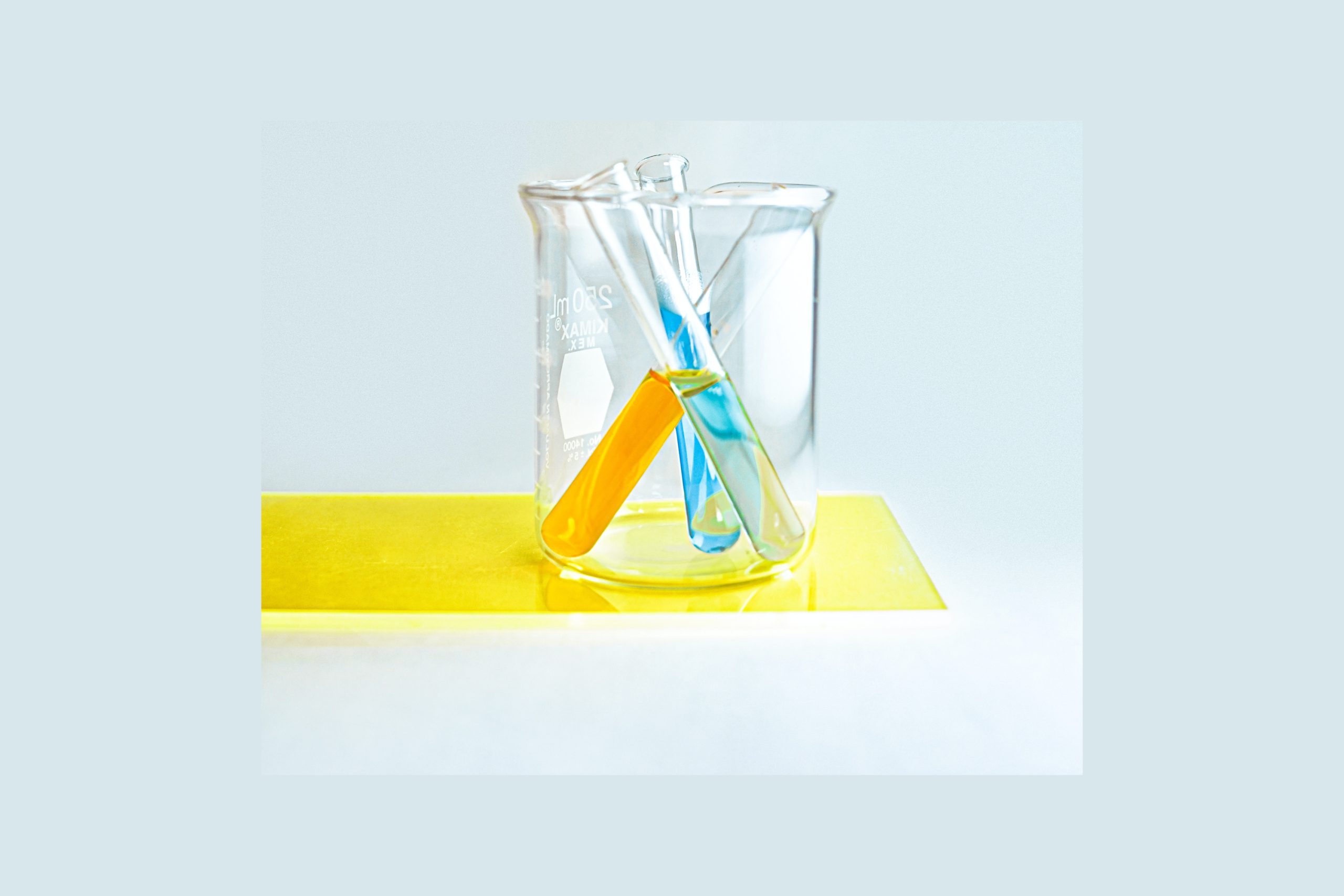COVID-19 Testing: What You Need to KnowMarch 2022
There are Two Types of COVID-19 Tests
Viral tests detect the virus SARS-CoV-2, that causes COVID-19, and Antibody tests detect antibodies in your body after contracting the virus or after getting vaccinated.
Discuss your test results with your healthcare provider. COVID-19 testing is one of many risk-reduction measures, along with vaccination, masking, and physical distancing, that protect you and others by reducing the chances of spreading COVID-19.
Viral Tests
- A viral test detects if you are currently infected with COVID-19, using samples that come from your nose or mouth. There are two types of viral tests: rapid tests and laboratory tests.
- Rapid Point-of-Care tests are performed or interpreted by someone other than the individual being tested and can be performed in minutes (including antigen and some Nucleic Acid Amplification tests–also called NAATs).
- Self-tests are rapid tests that can be taken anywhere, are easy to use, and produce rapid results.
- Laboratory tests can take days to complete and include RT-PCR (Reverse Transcription Polymerase Chain Reaction) and other types of NAATs.
Antibody Tests
An antibody test can detect antibodies to SARS-CoV-2 in your blood and tell you if you’ve had a past infection with COVID-19. Antibodies are proteins that your immune system makes to help fight infection and protect you from getting sick in the future.
If you get an antibody test after receiving a vaccine, you might test positive by some (but not all) antibody tests. This depends on which type of antibody the specific test detects.
Antibody testing is not currently recommended to determine:
- If you have a current infection.
- If you have immunity to SARS-CoV-2 following COVID-19 vaccination.
- Whether you need to get a booster following COVID-19 vaccination.
- Whether you need to quarantine after a known or suspected exposure to COVID-19.
For Free At-Home COVID-19 Tests: https://special.usps.com/testkits
For more information: https://bit.ly/3Kpa7cg







